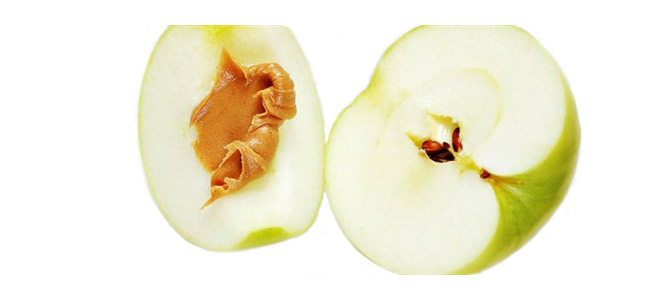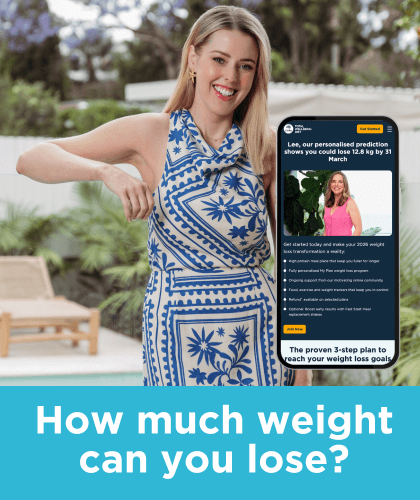But I just ate how can I be hungry again
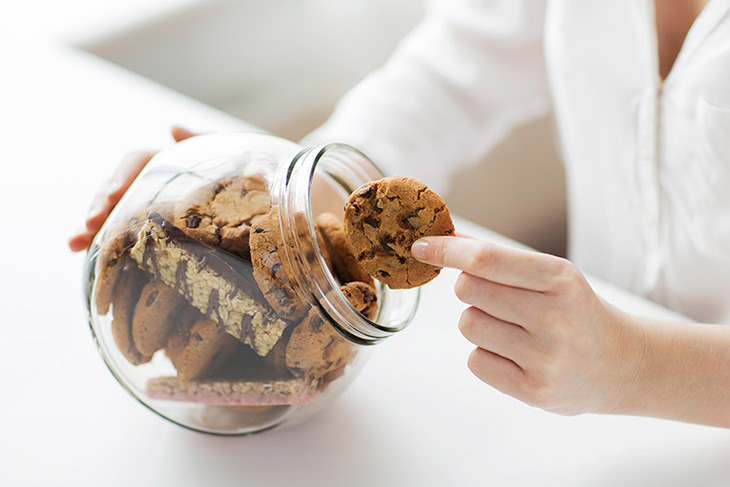
Could you survive without a mid-morning or afternoon pick-me-up? While reaching for a chocolate or biscuit is a common habit, there are ways to prevent these cravings and avoid the mid-meal energy slump that often leads to unhealthy snacking.
If you think about it, morning and afternoon tea were designed during an era when people expended a lot more energy throughout the day. They were much more active — there were no washing machines, no cars, and people had to walk everywhere! These days we spend most of our time fixed to a chair.
The key to managing hunger lies in stabilising your blood sugar levels with a balanced intake of protein, low GI carbs and good fats at breakfast and lunch. Do this and your mid-meal cravings will reduce.
Why don't I feel full?
Unfortunately, many of us run on fast-release, high GI carbs such as those found in most breakfast cereals, bread and rice which trigger a rapid increase in blood glucose followed by a slump. This leaves you feeling hungry, lethargic and irritable by mid-afternoon.
The calorie count of your meal does not directly correlate to how full you will feel after eating that meal. The feeling of fullness is derived from the breakdown of the nutrients. Different nutrients take different amounts of time to be broken down: easily digested nutrients (high GI carbs, sugar) are broken down quickly and won't keep you feeling full for very long.
Protein, fibre, and healthy fats all take longer for the body to metabolise, making foods high in these nutrients the best for keeping you fuller for longer.
Higher protein meals help control your appetite, low GI carbohydrates will ensure you won’t be going through a sugar rollercoaster throughout the day, and good fats will keep you feeling satiated.
How thirst causes hunger
The same part of your brain that manages hunger also manages your feelings of thirst, which is why it is easy to confuse thirst for hunger. Keeping track of your water intake can help you understand if you are drinking enough, and determine if thirst is the real reason behind your hunger and cravings.
How stress causes hunger
When you feel stressed or anxious your body releases a chemical called cortisol, which can also cause an increase in appetite. This is a natural response of the body as it helps your body prepare for a ‘fight or flight’ response.
Unfortunately this type of hungry typically leads to cravings for sugary foods, which provide a fast source of energy.
So if you notice sudden hunger or cravings for sugary foods, this may be a sign that your hunger is a result of stress. True hunger is generally experienced more gradually, after several hours of not eating.
Ensuring you are managing your stress levels (along with getting good quality sleep) is also important to keep your hunger hormones in check.
Here's what to eat for breakfast and lunch to minimise afternoon hunger and cravings.
Breakfast
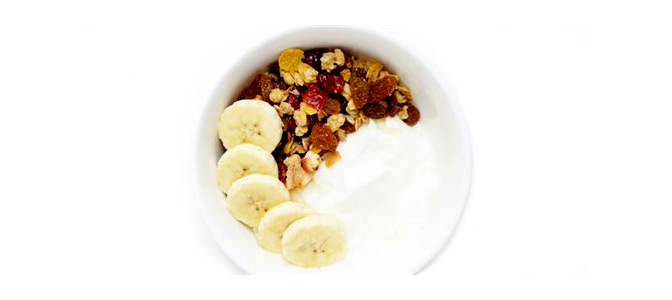
| FOOD GROUP | Healthy Breakfast Bowl |
| Bread & Cereals | 40g high-fibre cereal (e.g. All Bran or muesli) |
| Dairy | 1 cup low-fat milk or 175g low-fat yoghurt |
| Fruit | 1 medium piece fruit (e.g. banana) |
Lunch
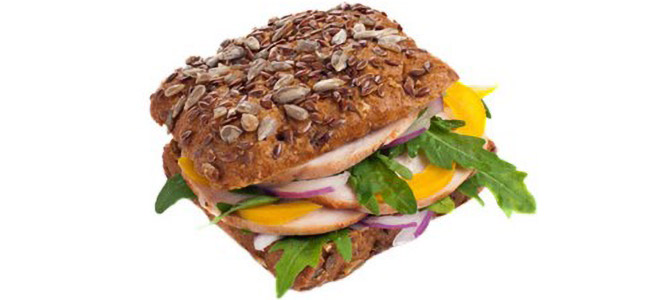
| FOOD GROUP | Healthy Chicken Sandwich |
| Bread & Cereals | 2 slices wholegrain low GI Bread |
| Fats & Healthy Oils | 1 teaspoon avocado |
| Meat & Protein | 100g cooked chicken breast |
| Vegetables | 1 cup salad |
Healthy snack ideas
Still feeling peckish? Here’s some healthy snacks that will keep you feeling full until dinner:
- A small handful of nuts
- An apple with a thin spread of nut butter
- Veggie sticks such as carrot, cucumber and celery with a tablespoon of hummus
- Clear homemade soups
These foods are high in the nutrients that take time to digest and so will keep you feeling fuller for longer and reduce cravings.
If you still hit an energy slump, instead of reaching for an unhealthy snack, go for a 15 minute walk around the block to clear your head.
Are you trying to lose weight? Read our comprehensive guide on weight loss to understand where to begin, what happens when you lose weight, and what doesn't work when it comes to dieting.
